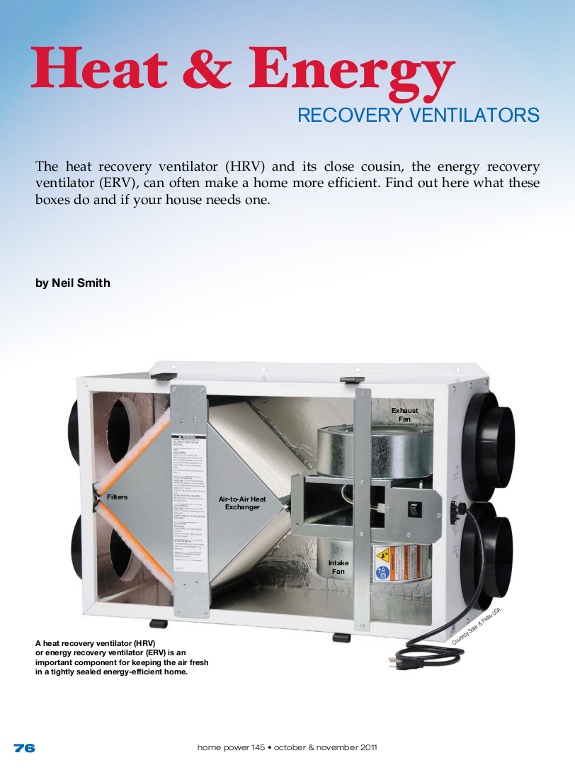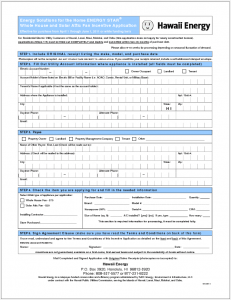Being an engineer, and full of opinions, people often ask me when this recession will end. Good question. In fact, a friend of mine just asked me that. Luckily for him, we were bicycling uphill, and I could not devote my remaining breath to verbalizing the solution.
Well, after a bit of thinking I realized that maybe, just maybe I have a metric, or at least an indicator for when our economy starts to grow.
It comes down to this. When institutions and organizations return to increasing productivity, then we are on the road to increasing wealth. Why should this simple metric be more important than an economist who knows way more math than most of us? Well, I’m going to bring in some handy engineering tools:
- The Control Volume. This is a great concept because it’s so simple and elegant. Draw an imaginary surface around whatever you are studying. Now, the increase in whatever you are measuring has to come from either greater input or less output. A corollary of this is “garbage in, garbage out”.
- Some basic calculus. All you need to know is rate of change.
- BS detector. (based upon proprietary common sense algorithm)
Let’s go over some social institutions and I’ll grade them. The grade up/down is based on whether I (using my tools above) judge whether the institution is providing more benefit to society than the year before.
| Education |
 |
‘Is our children learning?’ Sure, but the evidence says they are learning less, and it’s costing more money from kindergarten to univeristy. |
| Medical |
 |
Way out of control. We’re sicker, life expectancy is not rising, and it costs more every year. |
| Legal |
 |
Peleeese.We spend $865+ billion on our legal system. That’s a lot of money. And even if that is good value, is it getting better for us, the public? |
| Military |
 |
A necessary cost, but again, how much safety did we buy this year for $700,000,000,000. And next year will be more safety for less money? |
| Electronics |
 |
A rare winner. Way better each year for way less money. Only problem is we let the kids have phones, computers, games, and now they think they’re adults. |
| Financial |
 |
Apparently they used to do something. (like your appendix). Currently the control volume concept and my BS detector determines that the financial industry takes 7% of U.S. GDP and gives us what? (hint: bonuses) I have sympathy for these guys. How can you improve when you gamble invest this amount of money each year? |
| Manufacturing |
 |
Whatever is left in this country generally provides good wages, and if they are still in business, have been outperforming themselves year after year. Of course, this is the one group that we chose to outsource – damned producers! |
| Science |
 |
A winner. Science pays off. Scientists work cheap and they find things that we can make money from. Thankfully we are busy cutting off funding. |
| Religion |
 |
This would be hard to measure. So I’ll say that their effect on society is stable. |
| Transportation |
 |
Airplanes, car travel … definitely not improving. Apparently it’s too expensive to invest in fast trains. Nope. This sector is not increasing in productivity. Scratch that. Transportation is so bad it couldn’t get worse, unless of course we ran out of oil…. |
| Public Safety |
 |
Of course it got better. We have 1% of our population in jail. That costs a lot of money, and the prison population is getting older.Guess what, they need more medical care too! |
| Energy |
 |
Still on the oil program. Here’s the plan!. Wait until they raise oil prices, then we panic. |
So, there’s the theory. When these groups/industries/institutions stop feeding and start producing, then we create wealth again. And in case there are any misconceptions, here is what wealth really means to us:
- Jobs
- Clean environment
- Public Safety
- Education
- Retirement
- and last… Stuff.






